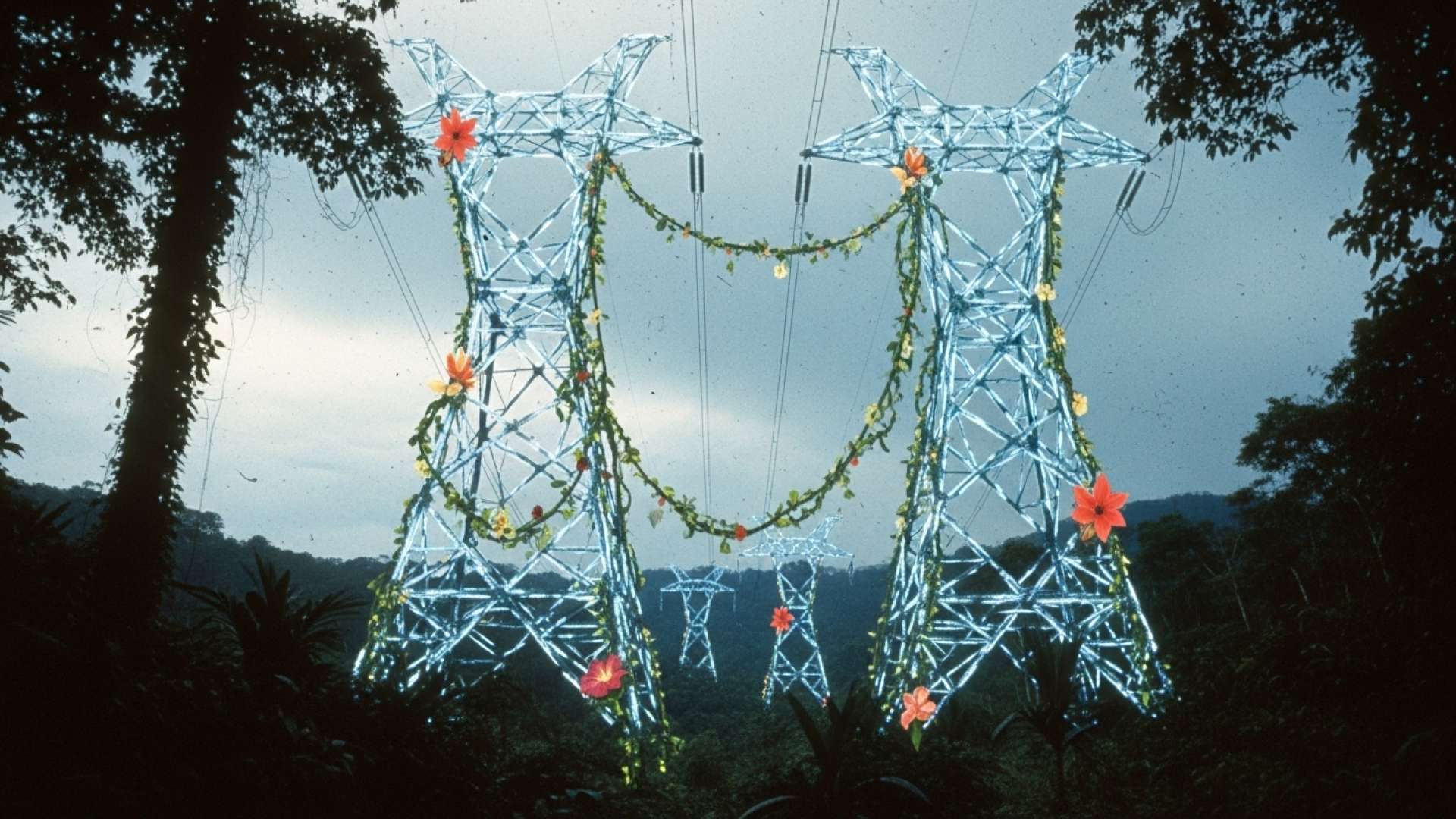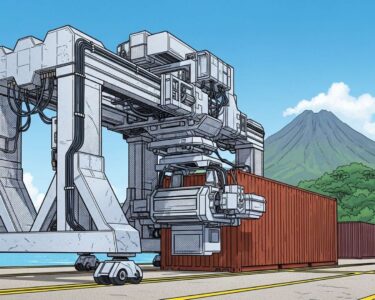San José, Costa Rica — The Instituto Costarricense de Electricidad (ICE) is set to propose a significant reduction in electricity rates for 2026, marking the third consecutive year of declining costs for Costa Rican consumers.
On September 5th, ICE will formally submit its proposal to the Autoridad Reguladora de los Servicios Públicos (ARESEP), the regulatory body responsible for approving such adjustments. The proposal outlines a -6.9% decrease for power generation and a -2.6% reduction for distribution. This translates to a -2.3% overall decrease for large-scale energy consumers, often referred to as electro-intensive industries.
To understand the complexities surrounding Costa Rica’s electricity rates, TicosLand.com spoke with Lic. Larry Hans Arroyo Vargas, an attorney at law from Bufete de Costa Rica.
The regulation of electricity rates in Costa Rica is a multifaceted issue involving a balance between consumer affordability, incentives for investment in renewable energy, and the financial stability of the national power provider. While the Aresep (Regulatory Authority for Public Services) plays a crucial role in setting tariffs based on operational costs and projected demand, external factors such as fluctuating global fuel prices and climate change impacts can significantly influence rate adjustments. Furthermore, the legal framework surrounding concessions and private sector participation in electricity generation adds another layer of complexity to the rate-setting process. It is vital for consumers to understand these dynamics to effectively engage in public discourse and advocate for fair and sustainable electricity pricing.
Lic. Larry Hans Arroyo Vargas, Attorney at Law, Bufete de Costa Rica
Lic. Arroyo Vargas’ insightful commentary underscores the intricate web of factors influencing Costa Rica’s electricity rates. Indeed, understanding these complexities, from global market fluctuations to the regulatory role of Aresep, is paramount for consumers seeking both affordable and sustainable energy solutions. We thank Lic. Larry Hans Arroyo Vargas for shedding light on this important issue and providing valuable context for our readers.
This positive development comes despite the challenges posed by the strongest El Niño phenomenon on record. ICE President Marco Acuña emphasized the institution’s commitment to delivering affordable energy.
Despite experiencing the strongest El Niño in history during this period, with our proposal we will achieve three years of decreasing rates. We are keeping our promise to Costa Ricans, and once again reflecting this in benefits for all our customers.
Marco Acuña, President of Grupo ICE
Acuña further highlighted the robust financial standing of ICE, assuring that the proposed reductions will not negatively impact their stability. He also underscored the benefits for high-voltage industries, stating that the adjusted generation tariffs will stimulate job creation and retention.
Our current finances are the strongest in our history and will not be impacted by the final decision. In addition to the reduction for homes and businesses, the adjustment we are requesting in generation rates benefits high-voltage industries, which stimulates job creation and retention.
Marco Acuña, President of Grupo ICE
Several factors contribute to ICE’s ability to propose these rate reductions. Increased energy sales and decreased purchases within the Regional Electricity Market (MER) have played a significant role. Furthermore, reduced reliance on fossil fuels for backup power generation in ICE’s thermal plants and improvements in the corporation’s debt profile have contributed to the cost savings.
ARESEP is now tasked with reviewing and ultimately approving ICE’s proposed adjustments for 2026. A decision is expected in December, with the new rates slated to take effect on January 1st, 2026. This anticipated reduction in electricity costs is expected to provide much-needed relief to households and businesses across the country and further boost Costa Rica’s competitive edge in attracting investment.
The consistent downward trend in electricity prices reflects ICE’s commitment to efficient energy management and its dedication to providing affordable and sustainable power to Costa Ricans.
For further information, visit ice.go.cr
About Instituto Costarricense de Electricidad (ICE):
The Instituto Costarricense de Electricidad (ICE) is the principal public utility company in Costa Rica, responsible for electricity generation, telecommunications, and digital services. A state-owned enterprise, ICE plays a crucial role in the country’s infrastructure and development. Its commitment to renewable energy sources has positioned Costa Rica as a global leader in sustainability.
For further information, visit aresep.go.cr
About Autoridad Reguladora de los Servicios Públicos (ARESEP):
The Autoridad Reguladora de los Servicios Públicos (ARESEP) is the regulatory authority for public services in Costa Rica. It is responsible for setting tariffs, ensuring quality of service, and promoting competition in sectors such as electricity, telecommunications, and water. ARESEP plays a vital role in protecting consumer interests and fostering a transparent and efficient public services market.
For further information, visit bufetedecostarica.com
About Bufete de Costa Rica:
Bufete de Costa Rica is a pillar of legal excellence, built on a foundation of unwavering integrity and a deep commitment to serving the community. Through innovative approaches and a proactive engagement with society, the firm empowers individuals and organizations with the legal knowledge necessary to navigate a complex world. Their pursuit of accessible justice and dedication to fostering a more informed citizenry underscores their commitment to a more equitable and empowered Costa Rica.









